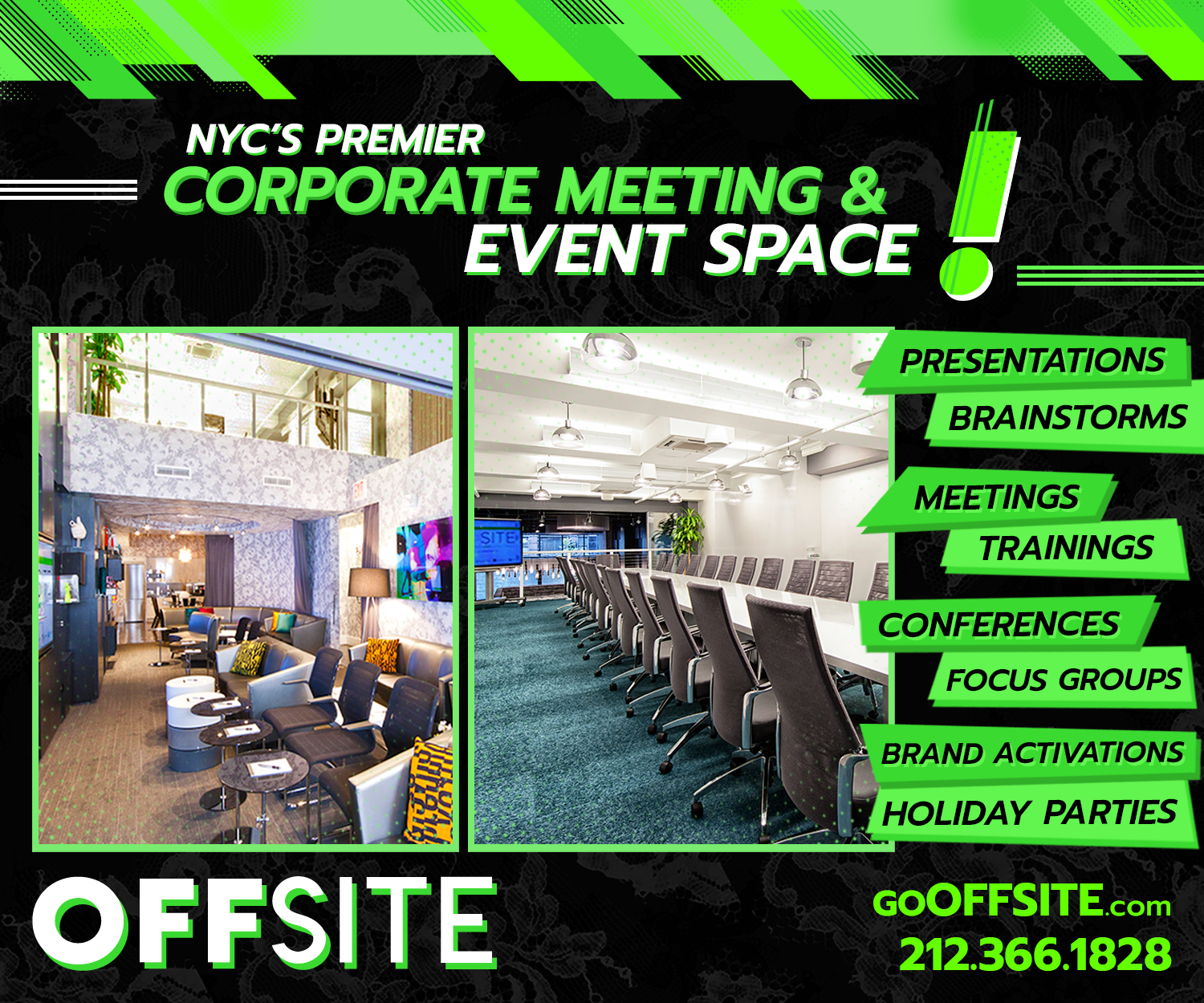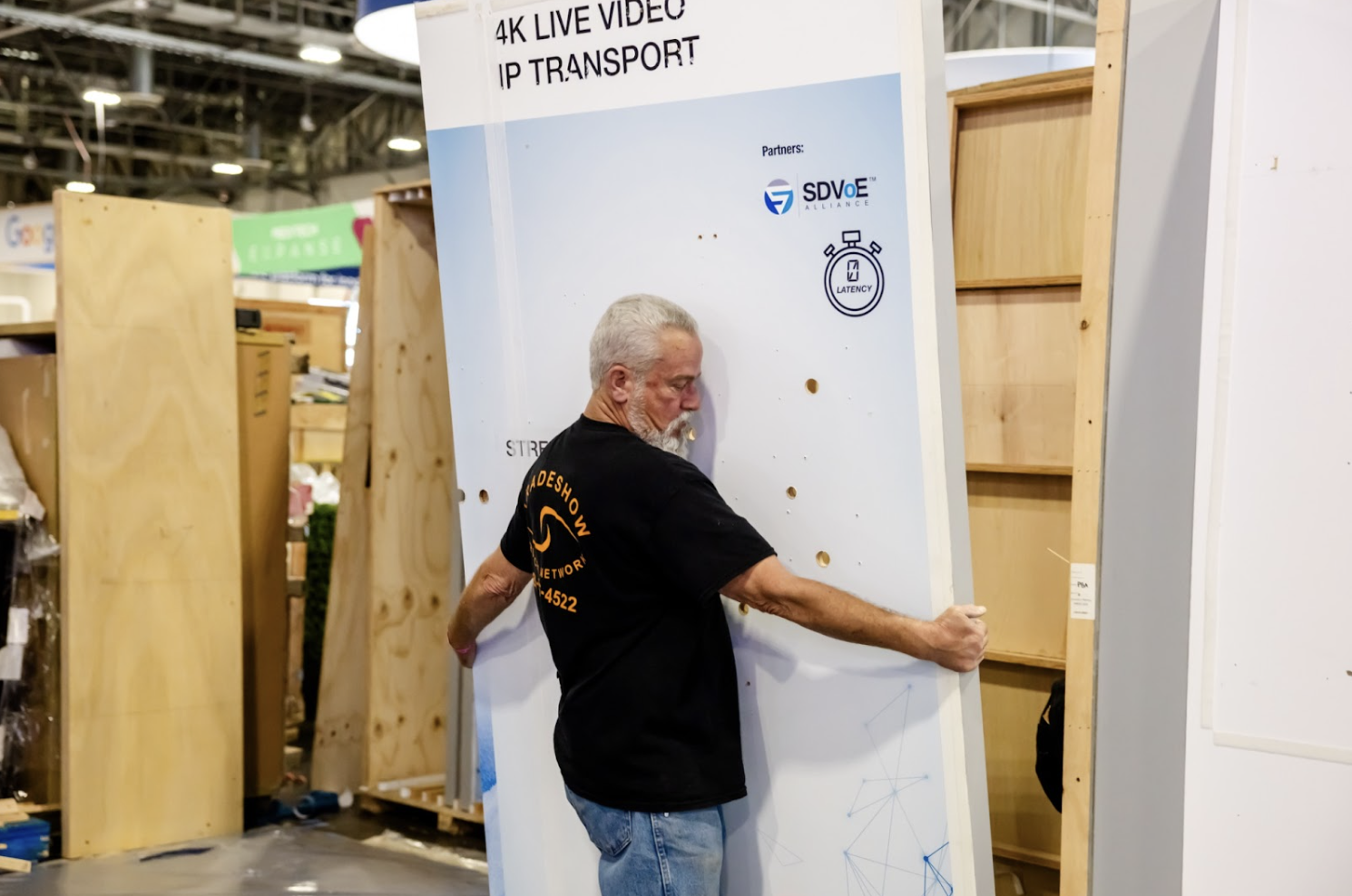Earlier this month, global events platform Eventbrite made its ticketing and marketing tools available to its nearly 200,000 event hosts entirely free. The San Francisco-based company said the move assists in “democratizing event publishing and promotion.” Now, organizers don’t have to shell out a single dime to publish any number of events—or promote them since marketing tools are now available free of charge as well. They include an “entire suite of ticketing and marketing resources,” according to Eventbrite, such as “tools for creating, managing, and tracking social ads and email campaigns, plus the ability to send up to 250 marketing emails daily to effectively reach their audience at no cost,” the company’s press release added.
Pro Plan fees were also slashed as part of the monetary modification, with subscription costs ringing in as much as 48% cheaper than they were before Sept. 4. Here’s the new breakdown:
| Feature | Previously Known As | No. of Daily Emails | Price Per Month | Price Change |
| Pro 2k | Pro 100 | 2,000 | $15 | ~48% decrease |
| Pro 6k | Pro 250 | 6,000 | $50 | ~37% |
| Pro 10k | Pro Unlimited | 10,000 | $100 | ~37% |
Joe Rivers, an experiential marketing expert and sales director at Spiro, told Vendelux that “while Eventbrite is doing something that will help the collective responsibility of sharing unlimited events regardless of size and shape, we are also facing a crisis of over-saturation of events and live experiences.”
Because of overabundance in both B2B and B2C events, Rivers specified, “the rise in mediocrity is apparent.” With free resources, it now becomes even easier to slip into the habit of simply meeting criteria that utilizes complimentary marketing tools, and “just being content with what may work.” Instead, according to Rivers, “the goal should be to push the envelope, bring about multisensory touchpoints, and allow for people to have meaningful emotional encounters.”
Rivers also questioned whether now was the time for Eventbrite to lower its costs, considering “travel is at an all-time high. Live events are too,” he said. But by lessening its cost structure, it appears that Eventbrite is noticing other trends. With B2C events, for example, where experiences are “more tied to the landscape of consumers: Are budgets getting tighter? Are people not seeing the value as much?” Rivers questioned.
If so, the notion contrasts recent data from integrated tech and marketing provider MERGE, which published in its “The Event Effect: Gen Z Retail Survey” on Sept. 10 that found nearly 86% of Gen Z consumers exceed their budget when attending a live event—28.5% of which was directly attributed to on-site immersive experiences. In addition, MERGE’s survey of 1,000 Gen Zers also found that an impressive 64% of buyers aged 12 through 27 purchased items due to a brand advertising at an event.
Ultimately, the value in what Eventbrite is doing lies in the concept of “share what we can,” Rivers said. “Everyone in the industry wants a repository of events and data. This could be it. Let’s just not forget it’s [also] about making something unique, impactful, and long lasting.”
Courtney Foote, the executive director of Las Vegas’s My VIP Life Hospitality—which specializes in brand activations, event production, and advertising—chimed in that Eventbrite’s simply doing too little too late.
“Eventbrite waited too long to make this move,” Foote shared. “Competing ticketing platforms have already scooped up Eventbrite’s biggest event creators that were subsequently pushed away by limiting ‘free’ event sizes.”
Though Foote didn’t specify which competitors won over former Eventbrite customers’ business, there are plenty of platforms that allow users to promote their events for free—including Audacity’s event-discovery platform Eventful, community-specific site Patch, and Eventseeker, just to name a few. Social media giants Facebook, LinkedIn, and Yelp also now have features to create an event, plus invite people who will likely be interested in attending.
On Eventbrite’s own LinkedIn post promoting its new free features—which it advertises as helping event professionals increase their event capacity and maximize their reach—there were mixed reactions in the comments, with one user applauding the company for supporting solo business owners with the move. But another commenter by the name of Bob Bickel said it’s a “reversal to what they [Eventbrite] had been doing” following “a disaster quarter.”
Just last year, Eventbrite made several changes to its pricing, including increasing each ticket price by $1.79 and upping the service and credit card fees. The August 2023 move also required a monthly fee based on the number of attendees, and removed a policy that refunded those fees for eventgoers who requested cancellations or refunds.
Bickel continued: “If you are a real event, you need Pro version and if you want visibility in Eventbrite, you need to pay for Eventbrite Ads.”
On the other side of the transaction, the 90 million-plus users that buy tickets to events using Eventbrite will still be expected to cough up Ticketing Fees, which includes so-called “service” and “payment processing” fees to any ticket above $0 which, in the United States, comes to an additional 3.7% and 2.9%, respectively.
Eventbrite declined to participate in this article.




